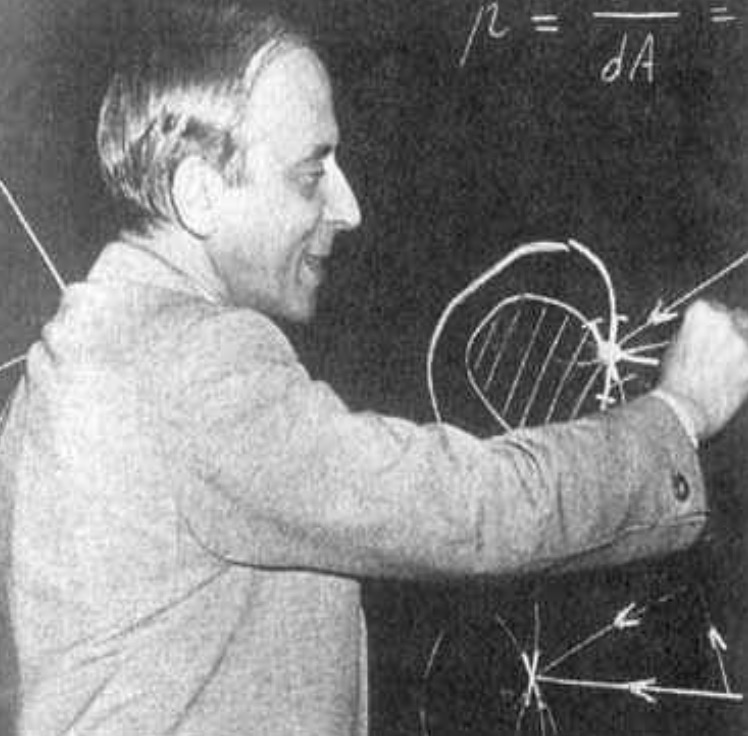
Richard von Mises was born on April 19, 1883 in Lemberg, Austria Empire (now Lviv, Ukraine). He was awarded a doctorate from Vienna in 1907, and eventually won a position as professor of applied mathematics at Strasbourg from 1909 until 1915 when he served as a pilot in the Austro-Hungarian army fighting for Germany in World War I.
In 1919, after the end of the War, Richard was appointed to the University of Berlin as Director of the new Institute of Applied Mathematics. However, the emerging persecution of those with Jewish heritage during the rise of Hitler prompted von Mises to take a post in Turkey and then a position at Harvard in 1939.
His work spanned many fields including fluid mechanics, aerodynamics, aeronautics, statistics and probability theory and he is remembered today for his introduction of a stress tensor used in the study of the strength of materials, his development of techniques in numerical analysis, and particularly his work in probability theory. In his book Positivism: A Study in Human Understanding, published in 1951, he stated:
Positivism does not claim that all questions can be answered rationally, just as medicine is not based on the premise that all diseases are curable, or physics does not start out with the postulate that all phenomena are explicable. But the mere possibility that there may be no answers to some questions is no sufficient reason for not looking for answers, or for not using those which are attainable.
In his work on probability Richard von Mises proposed the famous “birthday problem” that asks for the probability that, in a set of n chosen people, at least two will share the same birthday. The counterintuitive fact is that only 23 people are needed for that probability to exceed 50%. Click on the link above to find the proof of this assertion.
